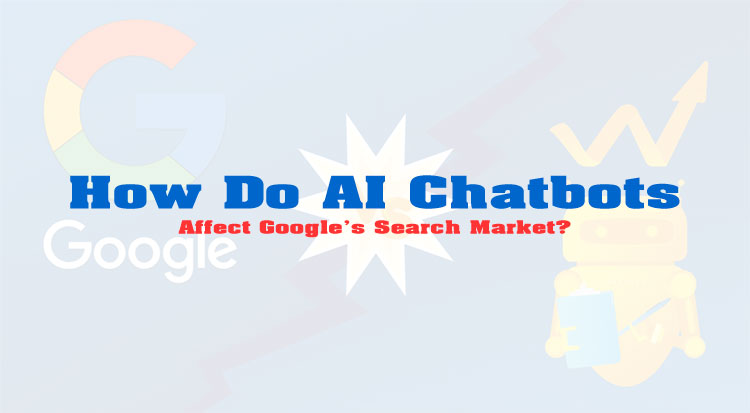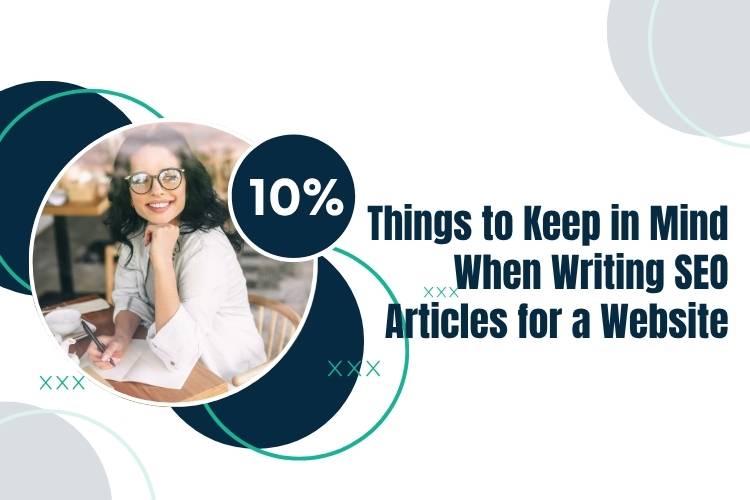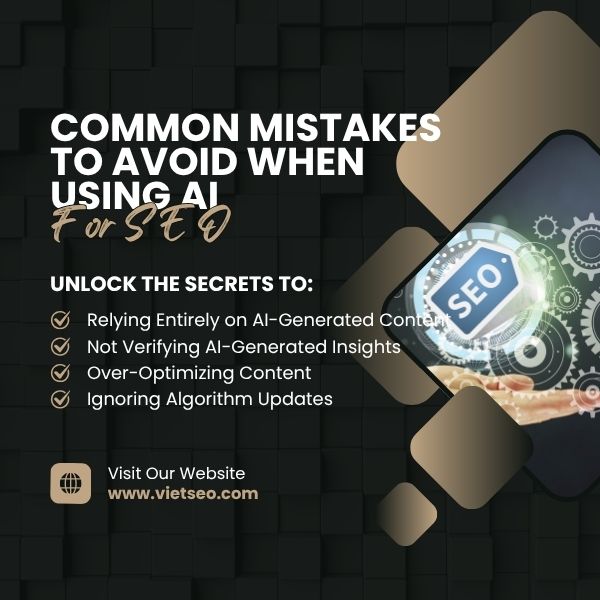How Do AI Chatbots Affect Google's Search Market?
Overview of the Traditional Search Market
Since the early days of the Internet, search engines like Google have become the “gateway” through which users access information. Google is not just a tool — it has become a habit. According to StatCounter, Google holds over 90% of the global search engine market share.
The traditional search model works by crawling data from billions of websites, then ranking and displaying results based on complex algorithms. While this system is effective, it also has some limitations:
- Information is fragmented.
- Users must analyze and synthesize content from multiple sources.
- Search results can sometimes be inaccurate or irrelevant.
The Rise of AI Chatbots – Insights from Viet SEO
Since late 2022, with the launch of ChatGPT and later Google Bard, the concept of “search” has started to shift. AI chatbots are no longer just tools to answer questions — they are intelligent dialogue systems capable of:
- Understanding context
- Analyzing user intent
- Synthesizing information from multiple sources
- Providing personalized, in-depth answers
Because of these advantages, AI chatbots are gradually taking over some functions of traditional search engines — a shift closely observed by VietSEO.
Comparing User Experience: Traditional Search vs. AI Chatbots
As AI technology evolves, the way users interact with information is changing rapidly. Viet SEO company compares the user experience between traditional search engines like Google and AI chatbots such as ChatGPT, highlighting key differences in speed, personalization, and how information is delivered. Understanding these shifts can help businesses adapt their content strategies for the future.
| Criteria | Traditional Search (Google) | AI Chatbots (ChatGPT, Bard, Copilot...) |
|---|---|---|
| Information Retrieval | Returns a list of links | Provides a direct, conversational answer |
| Personalization | Limited | High (understands user context) |
| Response Time | Fast | Varies based on complexity |
| Depth of Response | Users must synthesize multiple sources | Pre-synthesized, integrated answers |
| Continuous Interaction | No | Yes, enables back-and-forth conversations |
Users are increasingly preferring convenient, natural interactions, which is driving the rapid growth of chatbot technology.
How AI Chatbots Are Changing Search Behavior
Search behavior is gradually shifting from “typing keywords” to “asking full questions.” Users no longer want fragmented pieces of information — they want clear, concise, and complete answers.
For example:
- Before: “What is marketing?” → Result: a list of articles.
- Now (via ChatGPT): “Explain the concept of marketing with real-life examples.” → Result: a well-structured and easy-to-understand paragraph.
This shows that users now expect AI to “understand and respond like a human,” not just return search results.
Direct Impact on Google and Other Search Engines
The rapid rise of AI chatbots is beginning to have a noticeable impact on traditional search engines like Google and Bing. VietSEO company analyzes how these changes are reshaping user behavior, reducing reliance on classic search queries, and pushing major platforms to adapt their technologies and strategies in response to shifting expectations.
Google is still the undisputed king of search. However, the rise of AI chatbots is forcing the tech giant to rethink its strategy:
- Launching Google Bard as a response to ChatGPT
- Integrating AI into Google Search via Search Generative Experience (SGE)
- Shifting from traditional link-based results toward AI-generated answers
Is Google Losing Search Traffic?
Some reports suggest that traditional search traffic is declining, especially among younger users — a demographic that’s more familiar with and open to using AI tools.
Challenges and Opportunities for Google in the AI Era
The rise of AI-powered tools is presenting both significant challenges and exciting opportunities for Google. Viet SEO services explores how Google must rethink its core search model, invest in AI innovation, and adapt to changing user behaviors to maintain its leadership in the digital landscape. In this new era, agility and innovation will be key to staying relevant.
🔻 Challenges:
- Losing search market share to AI-powered platforms
- Existing advertising model (Google Ads) may be disrupted, since chatbots don’t show ads in the traditional way
- Ensuring accuracy and neutrality in AI-generated responses is difficult
🔺 Opportunities:
- Google has immense resources to invest in AI
- Potential to merge AI conversation and search into a unified experience
- Better user data analysis to improve AI response quality
What Does the Future of Online Search Look Like?
The future of search is moving beyond “type and receive” toward intelligent, natural, and hyper-personalized interactions.
Key trends to watch:
- Conversational Search will become mainstream
- AI will be deeply integrated into browsers and operating systems
- Users may rarely visit websites directly, instead receiving summarized answers from AI tools
This poses new challenges for SEO and content marketing:
How can you make your content accessible and understandable to AI systems? VietSEO recommends structuring your content clearly, using semantic HTML, and focusing on intent-driven keywords.
Conclusion
AI chatbots are not just a "passing trend" — they are reshaping the entire online search market. Google, as the current leader, is in a phase of adaptation and innovation to maintain its position.
However, with the rapid advancement of AI technology, it’s clear that “search” in the future will look very different from what we’ve known. Instead, it will become a continuous dialogue between humans and artificial intelligence, where AI-generated content plays a central role in delivering fast, accurate, and highly personalized information.



